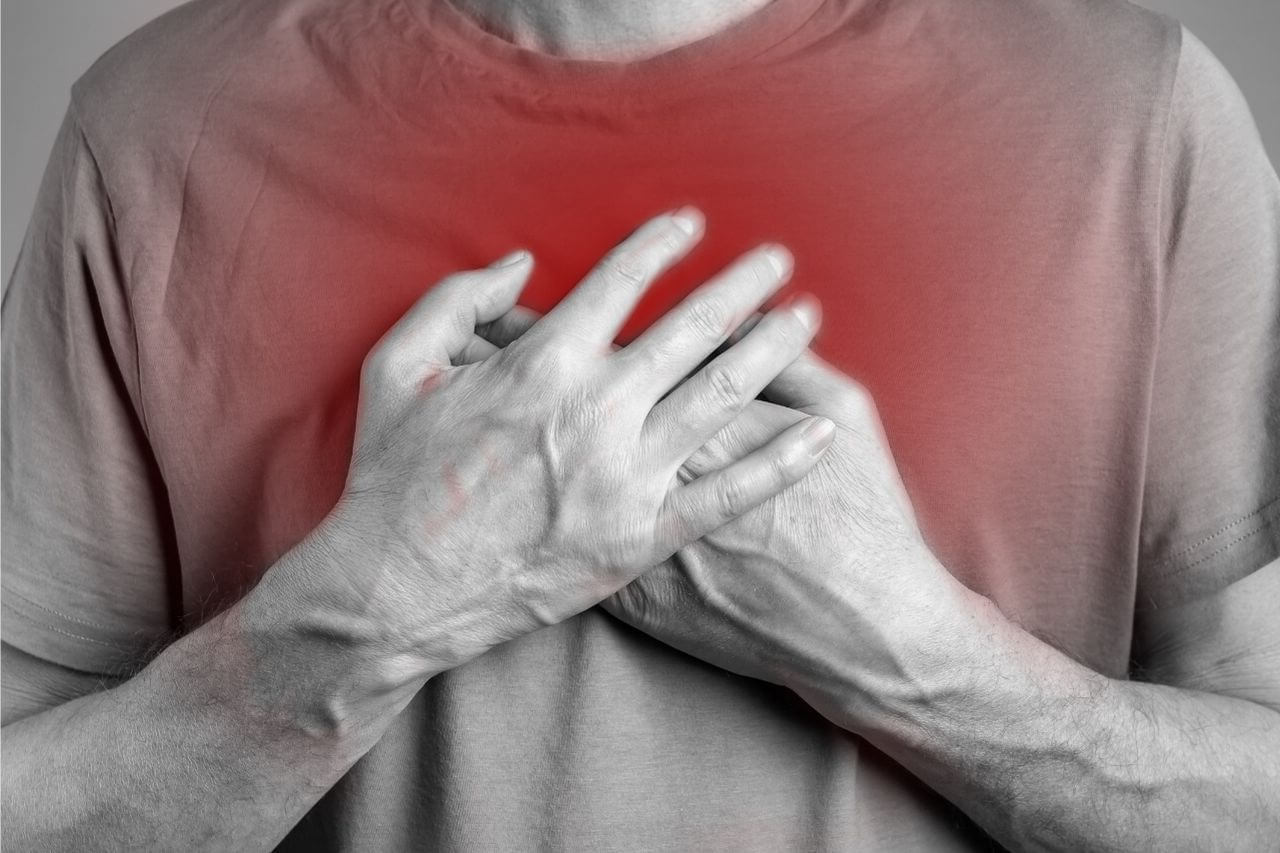
Heart attacks are serious medical emergencies that occur when the blood supply to the heart is suddenly blocked. Understanding heart attacks can help save lives and improve recovery outcomes. Did you know that heart attacks are the leading cause of death worldwide? They don't just affect the elderly; younger people can also be at risk. Recognizing symptoms early, like chest pain, shortness of breath, and nausea, can make a huge difference. Lifestyle choices, such as diet, exercise, and avoiding smoking, play a crucial role in prevention. This article will provide 50 essential facts about heart attacks to help you stay informed and proactive about heart health.
Key Takeaways:
- "Heart attacks happen when blood flow to the heart is blocked, causing symptoms like chest pain and shortness of breath. Making healthy lifestyle choices and recognizing symptoms can save lives."
- "Preventing heart attacks involves exercise, a balanced diet, and regular health check-ups. Quick action during a heart attack, along with long-term management, is crucial for recovery."
Understanding Heart Attacks
Heart attacks, also known as myocardial infarctions, are serious medical emergencies. They occur when blood flow to the heart muscle is blocked. Knowing more about heart attacks can help you recognize symptoms and take preventive measures.
- Heart attacks happen when a coronary artery becomes blocked.
- Common symptoms include chest pain, shortness of breath, and nausea.
- Women may experience different symptoms like fatigue and back pain.
- High blood pressure is a major risk factor.
- Smoking significantly increases the risk.
- Diabetes can double the risk of heart attacks.
- High cholesterol levels contribute to artery blockage.
- Obesity is linked to higher heart attack rates.
- Family history plays a role in your risk.
- Stress can trigger heart attacks in some people.
Prevention and Lifestyle Changes
Preventing heart attacks involves making healthy lifestyle choices. Simple changes can significantly reduce your risk.
- Regular exercise strengthens the heart.
- A balanced diet low in saturated fats helps maintain healthy arteries.
- Reducing salt intake can lower blood pressure.
- Quitting smoking improves heart health almost immediately.
- Limiting alcohol consumption reduces risk.
- Managing stress through relaxation techniques can be beneficial.
- Regular health check-ups can catch early warning signs.
- Maintaining a healthy weight is crucial.
- Controlling diabetes through diet and medication is essential.
- Omega-3 fatty acids found in fish can improve heart health.
Medical Interventions and Treatments
Medical advancements have improved the treatment and management of heart attacks. Early intervention can save lives.
- Aspirin can reduce blood clotting during a heart attack.
- Thrombolytic drugs dissolve blood clots.
- Angioplasty opens blocked arteries.
- Stents keep arteries open after angioplasty.
- Coronary artery bypass surgery creates new pathways for blood flow.
- Beta-blockers reduce heart workload.
- ACE inhibitors help relax blood vessels.
- Statins lower cholesterol levels.
- Antiplatelet drugs prevent new clots.
- Cardiac rehabilitation programs aid recovery.
Recognizing Symptoms and Emergency Response
Recognizing the symptoms of a heart attack and knowing how to respond can save lives. Quick action is critical.
- Chest pain or discomfort is the most common symptom.
- Pain may radiate to the arm, neck, or jaw.
- Shortness of breath often accompanies chest pain.
- Cold sweats can be a warning sign.
- Nausea or vomiting may occur.
- Lightheadedness or dizziness is common.
- Women may experience unusual fatigue.
- Call emergency services immediately if symptoms appear.
- Chewing an aspirin can help during an attack.
- CPR can be life-saving if the person stops breathing.
Long-term Management and Recovery
Recovering from a heart attack involves long-term management. Lifestyle changes and medical follow-up are essential for preventing future incidents.
- Follow-up appointments with a cardiologist are crucial.
- Medications must be taken as prescribed.
- A heart-healthy diet should be maintained.
- Regular physical activity is important.
- Smoking cessation is non-negotiable.
- Blood pressure and cholesterol levels need regular monitoring.
- Stress management techniques should be practiced.
- Support groups can provide emotional help.
- Education about heart health is beneficial.
- Family support plays a significant role in recovery.
Final Thoughts on Heart Attack Facts
Understanding heart attack facts can save lives. Recognizing symptoms early, like chest pain or shortness of breath, is crucial. Lifestyle changes, such as eating healthier and exercising, reduce risks significantly. Knowing family history helps too. Heart disease remains a leading cause of death, but awareness and prevention make a difference.
Medications and treatments have advanced, offering better outcomes for patients. Regular check-ups with your doctor ensure you stay on top of your heart health. Don't ignore warning signs; seek medical help immediately if you suspect a heart attack.
Remember, small changes in daily habits lead to big improvements in heart health. Stay informed, stay active, and prioritize your well-being. By doing so, you can reduce the likelihood of experiencing a heart attack and lead a healthier, longer life.
Frequently Asked Questions
Was this page helpful?
Our commitment to delivering trustworthy and engaging content is at the heart of what we do. Each fact on our site is contributed by real users like you, bringing a wealth of diverse insights and information. To ensure the highest standards of accuracy and reliability, our dedicated editors meticulously review each submission. This process guarantees that the facts we share are not only fascinating but also credible. Trust in our commitment to quality and authenticity as you explore and learn with us.
